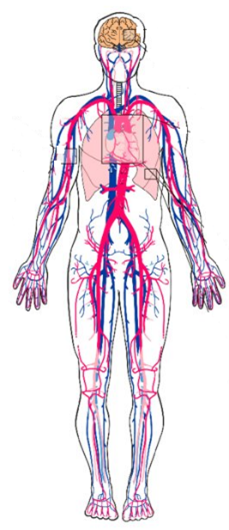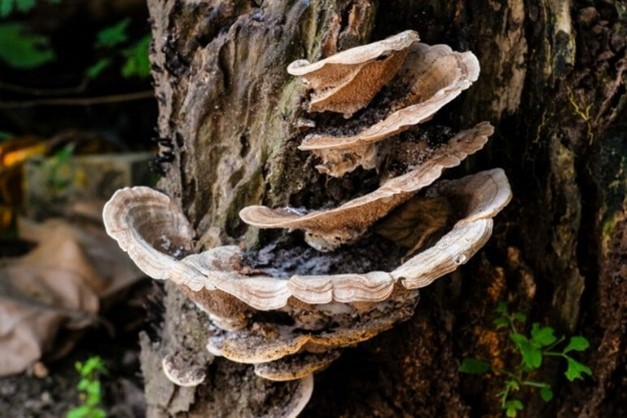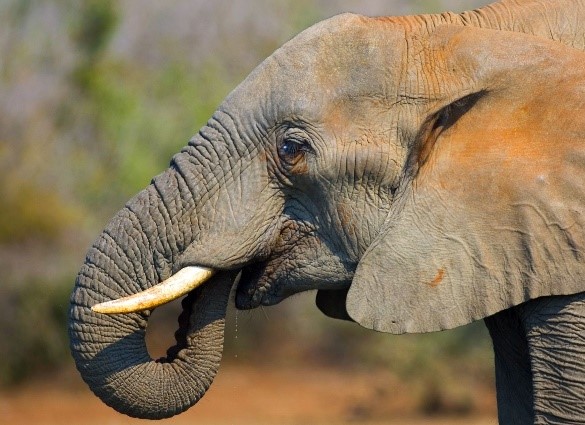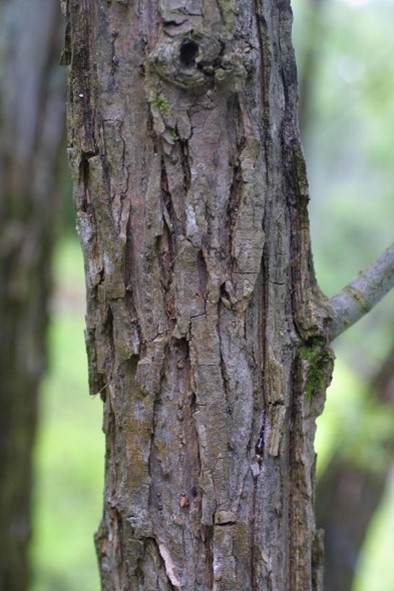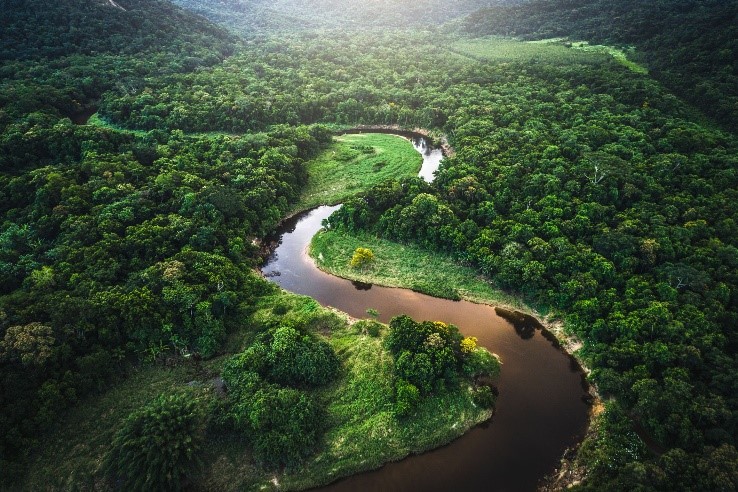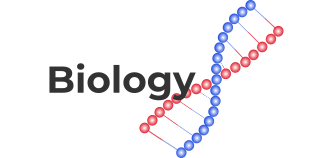
The Biology three-year learning and assessment programme is an introduction to the study of life and provides a sound basis for future studies in the subject. Biology students explore central biological processes including the fundamental processes necessary for life, the functions of life, the relationships between different organisms, the environment and human impact on the environment and evolution and the diversity of life.
Why choose Biology?
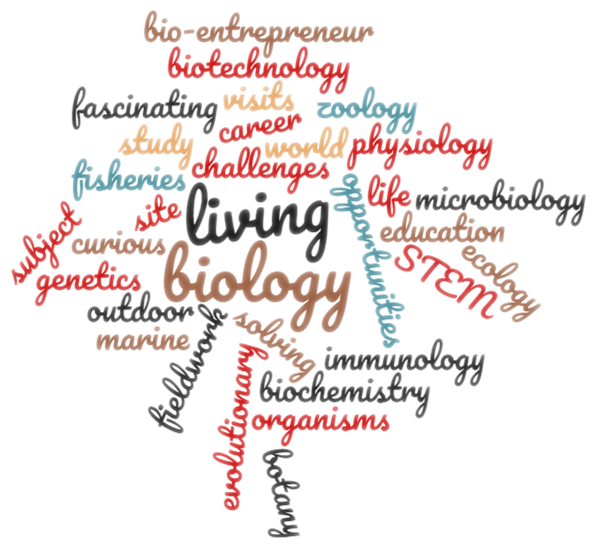
Sub-specialisations studied in Biology
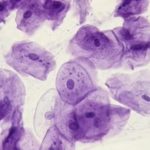
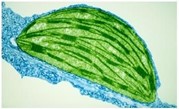
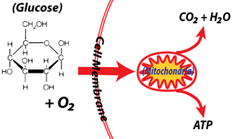
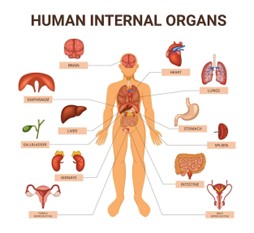
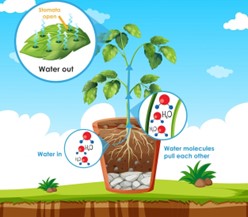
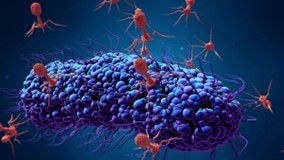
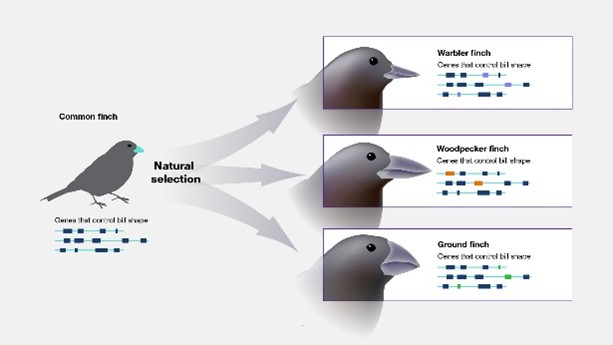
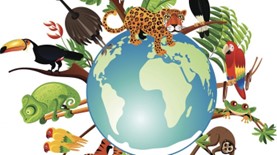
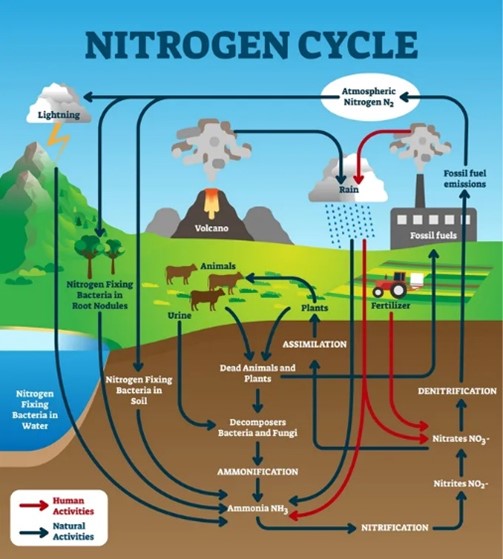
Links to syllabi
Assessment
The Biology learning and assessment programme encourages learners to adopt a scientific approach and use scientific reasoning to experimental/investigative work as well as to real life situations. It develops manipulative and communicative Biological skills.
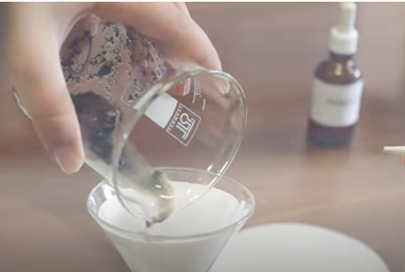
Experiment/ Investigative work
A scientific procedure carried out under controlled conditions, usually in a science laboratory where a hypothesis is tested or used to demonstrate a concept or theory. An experiment usually tests how one variable affects another variable.
Problem-solving investigation
An investigation where the learner is given an experimental problem and encouraged to identify variables and controls and design the investigation. These investigations integrate conceptual understanding with procedural understanding, develops experimental skills, reinforce cognitive processes, and overall problem-solving ability.
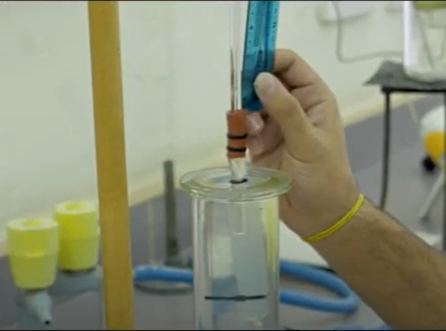
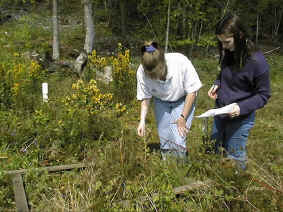
Fieldwork
A unique learning experience where students learn about local ecosystems, biodiversity as well as relationships between different species of organisms. Fieldwork is part of an outdoor education programme where skills such as personal safety management, collaboration and cooperation and use of biological equipment are strengthened.
Site visit
Site visits offer an excellent opportunity to observe biological principles in the industry, healthcare facilities and the environment. Sites of Biological interest allow students to consolidate the theoretical Biology learnt in the classroom to practical situations.
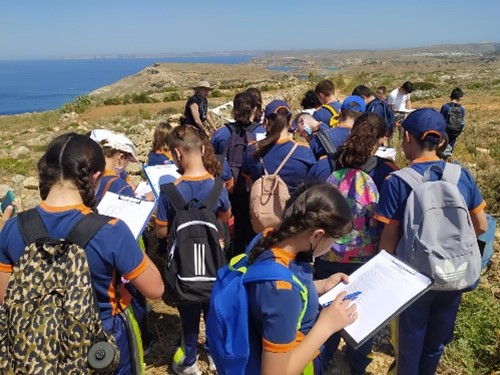
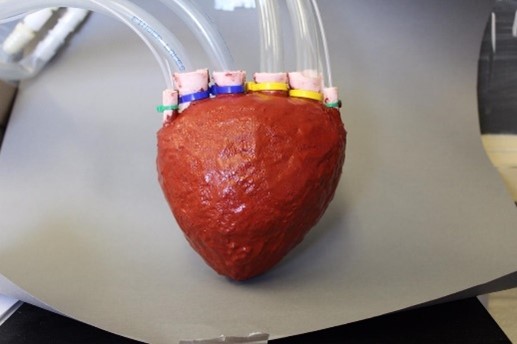
Project
The use of projects allows students to improve on their biological knowledge and is based on challenging questions or problems. Skills such as collaboration, creativity, critical thinking and communication are strengthened when a student does a specific project. Projects may include static or working models but also researched reports including questionnaires on biological principles.
Curious facts
